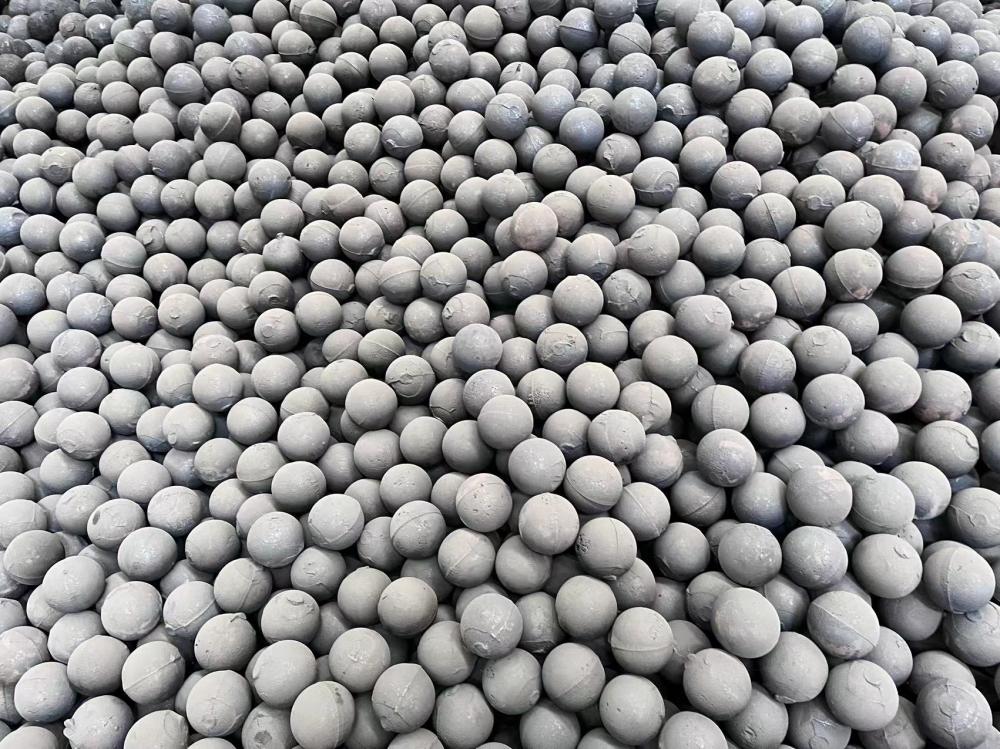Thickeners in water-based paints: types, advantages and disadvantages
ã€China Aluminum Industry Network】 Coating additives are used in a small amount in coatings, but they can significantly improve the performance of coatings and have become an indispensable part of coatings. The thickener is a rheological additive that not only thickens the coating, prevents sagging during construction, but also imparts excellent mechanical properties and storage stability to the coating. It is a very important additive for low viscosity waterborne coatings. Types of water-based paint thickeners There are many varieties of thickeners available on the market today, including inorganic thickeners, celluloses, polyacrylates and associative polyurethane thickeners. Inorganic thickeners are a type of gel mineral that swells to form thixotropy. Mainly bentonite, attapulgite, aluminum silicate, etc., of which bentonite is more commonly used. Cellulose thickeners have a long history of use and many varieties, including methyl cellulose, carboxymethyl cellulose, hydroxyethyl cellulose, hydroxypropyl methyl cellulose, etc., used to be the mainstream of thickeners. Among them, hydroxyethyl cellulose is more commonly used. Polyacrylate thickeners can be basically divided into two types: one is a water-soluble polyacrylate; the other is an acrylic or methacrylic homo- or copolymer emulsion thickener, which thickener It is acidic in nature and must be neutralized to pH 8-9 with alkali or ammonia to achieve a thickening effect. It is also known as an acrylic alkali swelling thickener. Polyurethane thickeners are newly developed associative thickeners in recent years. The characteristics of various thickeners Cellulose thickener Cellulose thickeners have high thickening efficiency, especially thickening of the aqueous phase; there are few restrictions on the formulation of the coating, and they are widely used; the usable pH range is large. However, there are disadvantages such as poor leveling, splashing when the roller is coated, poor stability, and being susceptible to microbial degradation. Because of its low viscosity under high shear and high viscosity at static and low shear, the viscosity increases quickly after coating is completed, preventing sagging, but on the other hand it results in poor leveling. Studies have shown that the relative molecular mass of thickeners increases and the splattering of latex paints also increases. Cellulose thickeners are prone to splashing due to their large relative molecular mass. And because the hydrophilicity of cellulose is better, the water resistance of the paint film will be reduced. Polyacrylic thickener Polyacrylic thickeners have strong thickening properties, good leveling properties, and good biological stability, but they are sensitive to pH and water resistance. Associative polyurethane thickener The associated associative polyurethane thickeners, which are associated structures, are destroyed under the action of shear force and the viscosity is reduced. When the shear force disappears, the viscosity can be restored, which can prevent sagging in the construction process. And its viscosity recovery has a certain lag, which is conducive to coating film leveling. Polyurethane thickeners have a relative molecular weight (thousands to tens of thousands) that is much lower than the relative molecular masses (hundreds of thousands to millions) of the former two types of thickeners and do not contribute to spatter. The polyurethane thickener has both hydrophilic and hydrophobic groups on the molecule, and the hydrophobic group has strong affinity with the substrate of the coating film, which can enhance the water resistance of the coating film. Because the latex particles participate in the association, no flocculation will occur, so that the coating film can be smooth and have a high gloss. Associative urethane thickeners perform better than other thickeners, but due to their unique micellar thickening mechanism, those components of the coating formulation that affect the micelles will necessarily have an effect on thickening. When using such thickeners, the effects of various factors on the thickening properties should be fully considered. Do not easily change the emulsions, defoamers, dispersants, and filming aids used in the coatings. Inorganic thickeners Inorganic thickeners have the advantages of strong thickening, good thixotropy, wide pH range adaptability, and good stability. However, since bentonite is an inorganic powder, it has good light absorption and can significantly reduce the surface gloss of the coating film, and it acts like a matting agent.
Xuzhou Surun Wear-resistant Materials Co., Ltd. is a professional engaged in wear-resistant materials research and development, production and sales of enterprises. The company was founded in 2004, located in Xuzhou City, Jiangsu Province, with advanced production equipment and technical team.
The company's main products include wear-resistant ceramics, wear-resistant rubber, wear-resistant plastics and other wear-resistant materials, which are widely used in the wear parts of mining, electric power, metallurgy, chemical industry and other industries. Product quality is stable and reliable, with wear-resistant, corrosion resistance, high temperature resistance and other advantages, can effectively extend the service life of equipment, reduce maintenance costs.
The company adhering to the "quality first, customer first" business philosophy, and constantly improve product quality and technical service level. The company has a perfect sales network and after-sales service system, to provide customers with a full range of technical support and solutions.
Xuzhou Surun Wear-resistant Materials Co., Ltd. will continue to uphold the "excellence, the pursuit of excellence" spirit of enterprise, continuous innovation and development, to provide customers with better products and services.
Mill Steel Balls,Chrome Balls,Cast Iron Ball,Alloy Ball Xuzhou Surun wear-resistant material Co., LTD , https://www.suruntools.com
